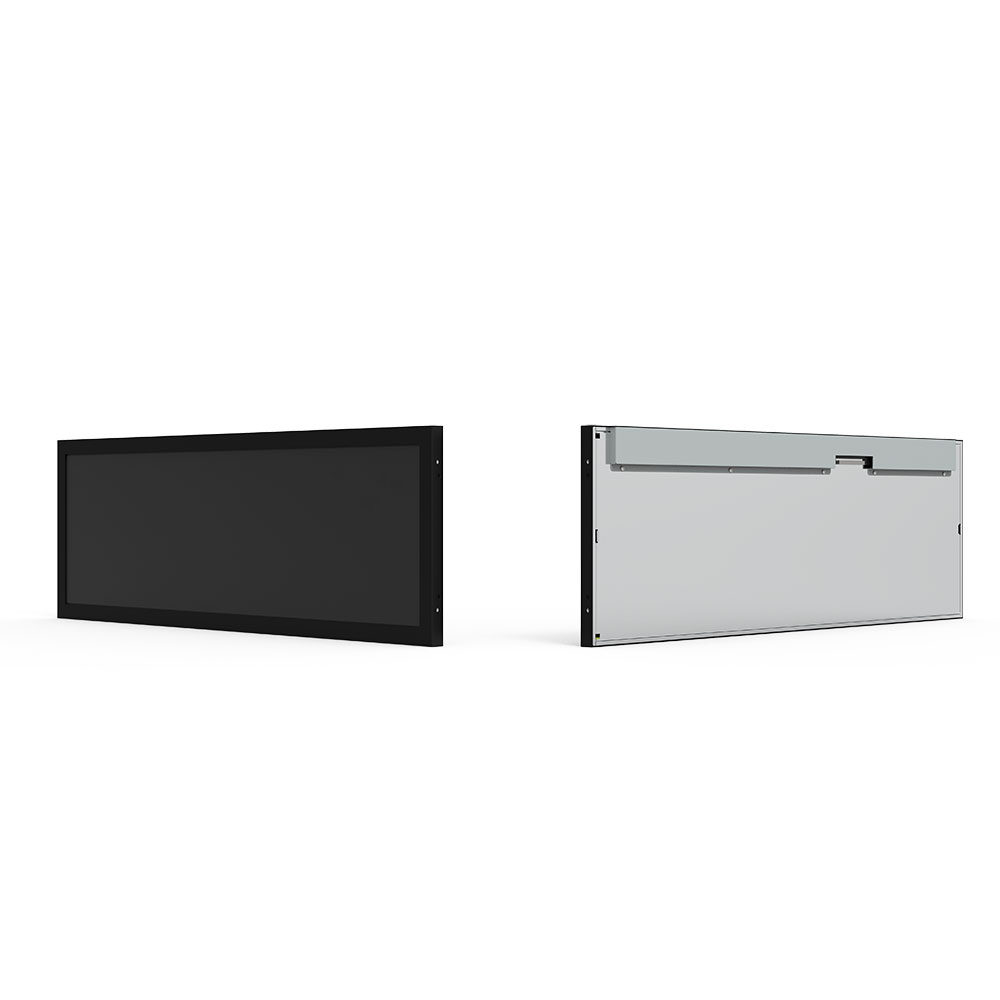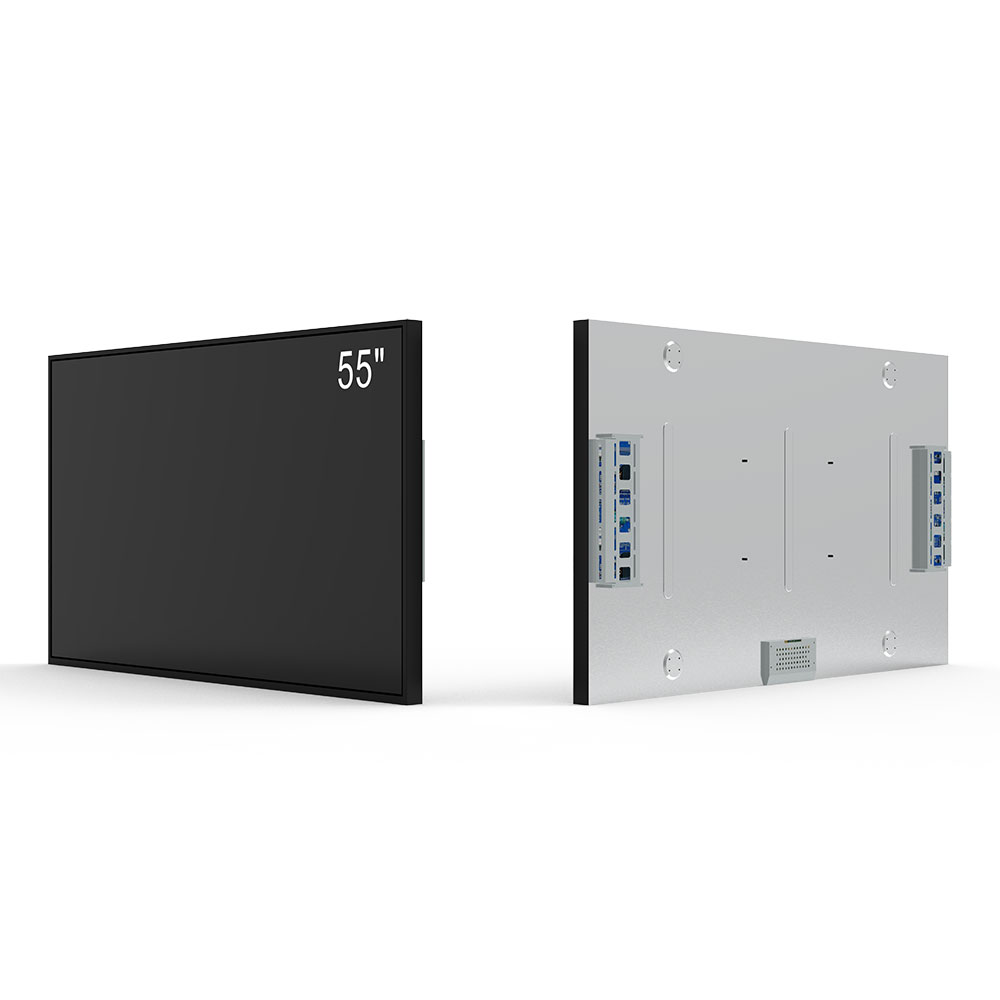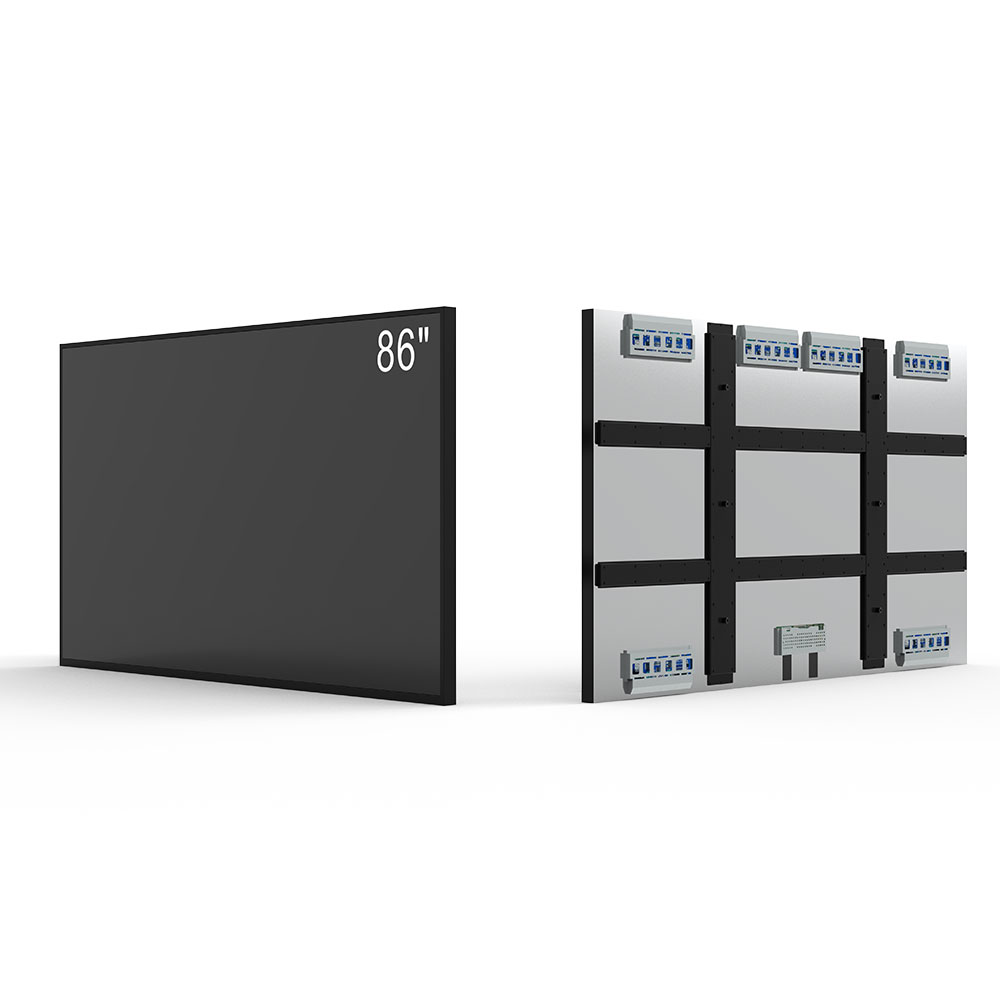- Home
- About Us
- Products
- News
- Video
- Contact
- Send Inquiry
Search
- Home
- About Us
- Products
- News
- Video
- Contact
- Send Inquiry

When selecting an outdoor LCD screen for commercial, industrial, or public use, engineers and procurement managers must prioritize brightness, environmental resilience, and long-term performance. According to the Society of Motion Picture and Television Engineers (SMPTE), outdoor displays should maintain visibility under direct sunlight—typically requiring a minimum brightness of 5000 nits. However, real-world conditions like high humidity, extreme temperatures, and UV exposure demand more than just raw lumens.
A robust outdoor LCD screen must feature an IP65 or higher rating for dust and water resistance, as specified in IEC 60529 standards. This ensures the unit can withstand rain, snow, and even occasional hose-down cleaning without degradation. For temperature resilience, look for models with operating ranges from -30°C to +60°C (as per EN 60068-2-1). These specifications are critical for deployment in regions like Dubai, where summer temps often exceed 45°C, or Northern Canada, where winter lows drop below -30°C.

The choice of display technology also matters. While LED-backlit LCDs offer better energy efficiency than older CCFL models, newer OLED and micro-LED options are emerging for ultra-high-brightness applications—though cost remains a barrier for many users. At a minimum, opt for IPS panels for wide viewing angles (up to 178°), which is essential when viewers approach from multiple directions, such as on city bus stops or digital billboards.

Maintenance considerations include self-diagnostic capabilities and remote firmware updates, both of which reduce downtime. For instance, Philips’ outdoor signage solutions include built-in health monitoring that alerts technicians before failures occur—a practice now considered industry best practice by the Digital Signage Federation.

Finally, always verify certifications such as CE, FCC, and RoHS to ensure compliance with international safety and environmental standards. A well-engineered outdoor LCD screen isn’t just about flashy specs—it’s about consistent performance over 5+ years under harsh conditions. By aligning technical requirements with real-world use cases, businesses can avoid costly replacements and ensure their message stays visible, clear, and impactful year-round.